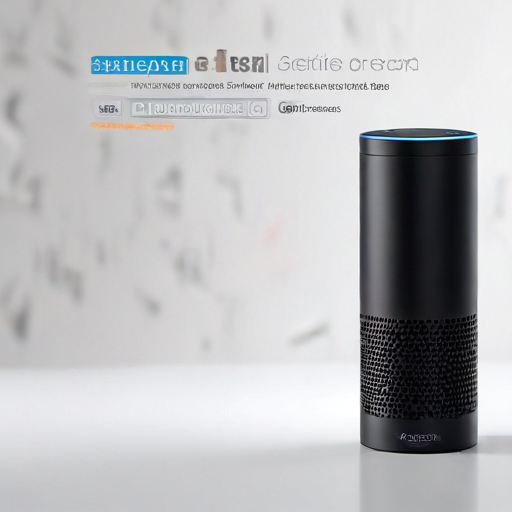Amazon’s strategy to monetize its Alexa-enabled devices appears to be backfiring, with the company reportedly incurring losses exceeding $25 billion between 2017 and 2021. According to internal documents cited by the Wall Street Journal, despite having hundreds of millions of customers, the primary functions of Amazon’s Echo speakers revolve around simple tasks, such as setting alarms and using free applications, rather than facilitating sales on Amazon’s platform.
Concerns have emerged within Amazon regarding the effectiveness of its investments in this area. A former senior employee remarked, “We worried we’ve hired 10,000 people and we’ve built a smart timer,” highlighting a sense of misalignment between the company’s hopes and the actual utility of its devices.
In response to these challenges, CEO Andy Jassy is exploring new avenues to enhance profitability, including a potential paid tier for the Alexa voice assistant. However, some engineers express skepticism about whether this approach will lead to significant improvements in user engagement or revenue generation.
An Amazon spokesperson defended the company’s direction, stating, “We are focused on the value we create when customers use our services,” and emphasized that the Devices & Services organization has successfully established profitable operations and is well-positioned for future success.
On the innovation front, Amazon’s new AI-powered version of Alexa was showcased in September, but reports indicate that it may not be ready for deployment. Challenges include insufficient data and access to necessary technology for running advanced AI models. The company is reportedly prioritizing generative AI development for its Amazon Web Services unit over immediate advancements in Alexa.
Contrary to some claims, Amazon maintains that its Artificial General Intelligence team has the resources needed to advance its plans for Alexa, asserting its commitment to developing “the world’s best personal assistant.”
In summary, while Amazon faces significant challenges with its Alexa devices, there is a concerted effort to pivot and innovate within the company. This period of reassessment could ultimately position Amazon for a successful transformation in the smart assistant market. As the landscape for AI and voice technology continues to evolve, there remains potential for Amazon to turn its setbacks into stepping stones for future growth.
